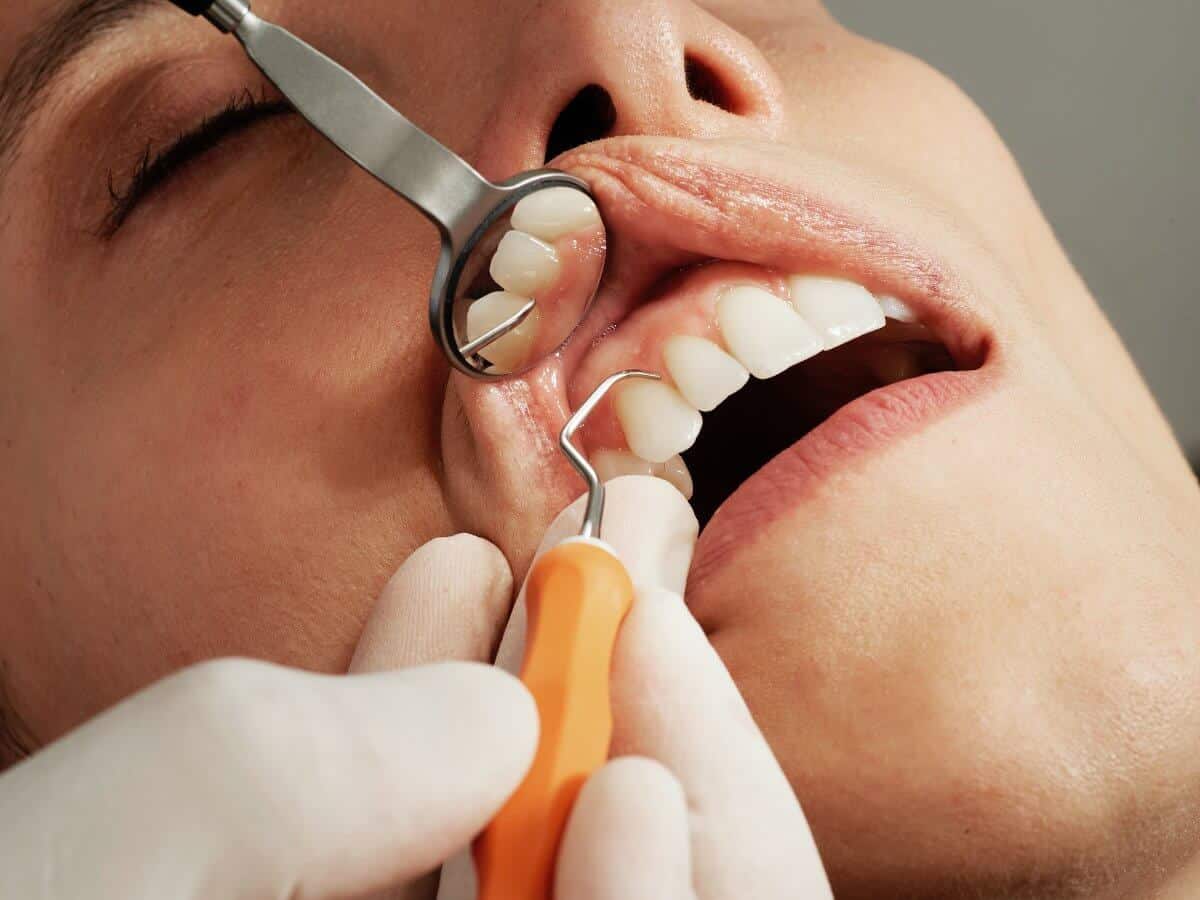How much do dental hygienists make? Lots of people ask this question because they want to know what kind of salary they can look forward to after completing their education and passing the necessary exams. Well, this depends on a lot of things.
Some doctors will set their salary and some you can negotiate with. Here’s the breakdown of what you can expect to make as a dental hygienist.
Average dental hygienist salary
Dental hygienists work in dental offices that offer preventive care and diagnostic services for patients with general dentistry needs. They also provide other oral health services such as fillings, extractions and other dental procedures.
They may use X-rays and may also be called upon to educate patients on the importance of good oral hygiene. Dental hygienists help to prevent tooth decay and gum disease, as well as treat diseases of the mouth.
Dental hygienists must have a minimum of an associate’s degree and at least one year of dental school education. They are required to complete a minimum of 4 years of training as part of their state licensing requirements.
How much do dental hygienists make a year? The average dental hygienist’s salary is $60,000 per year. This is expected to rise as a dentist gains more experience at work. Dental hygienists typically work for the same companies as dental assistants, but they also have more autonomy in their jobs.
The best pay is found in large cities, where the demand for dental services is high and there are many dental schools graduating students each year. The biggest employers of dental hygienists include:
So, how much do dental hygienists make an hour? The normal hourly amount for Dental hygienists ranges from $33 to $43 with the typical hourly pay of $38. Dental hygienists might be able to choose their hours and work from home, but they are still required to complete regular patient visits.
Factors that affect the salary of a dental hygienist
Some factors that affect the salary of a dental hygienist include:
Education level
The more education you have, the higher your salary will be. A bachelor’s degree is usually required for most positions as they require more experience than other positions do.
If you are going to school for your master’s or doctoral degree, then chances are that those degrees will help increase your income over other people with less educational background.
Certifications, Licenses and Specialties
Dental hygienists must obtain certification from their state board before they can practice dentistry in their state and some states require additional credentials.
Some states also require licensing for specific areas such as cosmetic dentistry or prosthodontics, which means that they may need additional training or education before they can begin practicing dentistry in these areas.
Location
Dental hygienists are located in many different areas throughout the country depending on what type of treatment they provide and where they can establish themselves as an expert in their field.
Experience
The more years of experience you have, the higher your salary will be. It is important to note that this does not mean that you should stop working after only a few years of practice. It is important to keep up to date with new techniques and technology so that you can stay competitive in the marketplace.
You should also be aware of the types of jobs available in the field as well as what it takes to become an expert at them.
There are many different types of jobs within this field, including assistant positions where you’ll assist doctors or dentists with their patients’ needs while they’re working on them, but you can also find positions where you’ll provide general dental care or even specialize in one area such as crowns or veneers.
What to Consider About This Career
The bottom line is that there are two most essential aspects that you should be aware of when joining this profession: opportunities for growth and patience.
Opportunities for growth
One great thing about the hygiene dentist career is that there are many opportunities for growth within it. You can move up from being an assistant to being a manager or even a dentist with several years of experience under your belt. This means that there will always be something new for you to learn and grow on as your career progresses.
You can specialize in areas like implants or dental prosthetics or work toward becoming a full-fledged dentist or even both. There are also many opportunities for advancement within your branch of practice once you’ve gotten started including becoming a partner or owner, so don’t be afraid to take chances!
Patience
Another important thing to note about this career is that it requires lots of patience and dedication from both sides: the clients who come in for checkups and treatments and the dentists who provide those services. If you have those qualities, then this job will suit you.
FAQs
How many hours a week do dental hygienists work?
The average full-time dental hygienist works between 35 and 40 hours a week but this varies widely depending on the clinic and practice. Dental hygienists work a combination of in-clinic hours and additional hours at their practice.
The busyness of your schedule will determine how much time you have available for administration, training and continuing education. You may be required to spend some time away from the office while on an assignment or traveling for business.
How long do dental hygienists go to school?
Dental hygienists typically go to school for two years before they begin working. They might get involved with student dental hygiene organizations during their training, which can give them experience and help them land jobs after graduation.
Dental hygienists must complete an accredited program that includes both classroom and clinical components. The curriculum is designed to prepare students for the state licensing exam, which is required to practice as a dental hygienist.
Most schools also require that dental hygienists complete several hours of the supervised patient experience while they are still in school.























